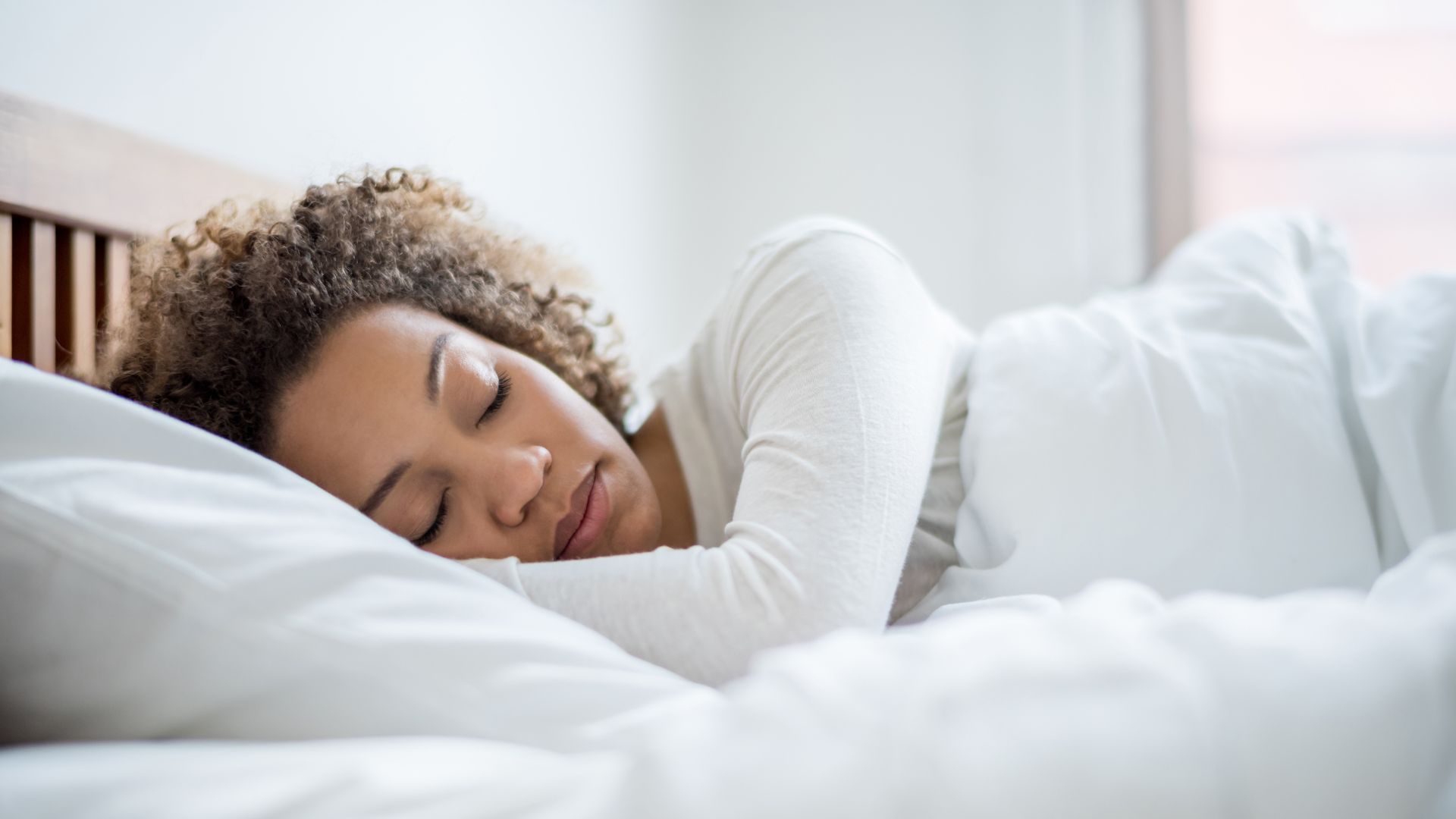
15 Mar Is Poor Sleep Sabotaging Your Weight Loss?
You’re probably aware that lack of sleep negatively impacts your health and energy levels, but it can also hamper your efforts to lose weight and maintain a healthy diet. Have you ever noticed that you’re more likely to overeat when you’re tired? Not getting enough sleep interferes with the hormones that regulate our hunger and satiety.
This World Sleep Day, we share what you need to know about how sleep affects weight loss and how to get a better night’s rest.
INCREASED HUNGER
When you haven’t slept enough, levels of the hunger hormone ghrelin are increased so you’re likely to feel hungrier than normal which can lead to to overeating. Disturbed sleeping patterns, in terms of both quantity and quality, have been shown in studies to lead to an increase in energy intake, mainly from snacking and particularly on foods rich in fat and carbohydrates.
DECREASED SATIETY
Sleep also regulates how much leptin the body produces. Leptin is known as the ‘satiety hormone’. It lets us know when we’ve had enough to eat and sends signals to the brain that we’re full. Lack of sleep reduces levels of leptin meaning that our ‘stop eating’ messages don’t get through.
The combination of increased hunger and decreased satiety is a recipe for overeating. And, chances are it won’t be salad you find yourself bingeing on. In one study, people who lost 80 minutes of sleep one night ate an average of 549 extra calories the following day.
LACK OF WILLPOWER OR LACK OF SLEEP?
We often blame a lack of willpower when we struggle to control our eating, but how many of us are actually at the mercy of our hormones due to lack of sleep? Many of us give ourselves a hard time, not truly understanding the underlying causes of the perceived lack of willpower. Next time you’re tempted to overeat, or reach for foods that aren’t ideal, ask yourself if lack of sleep could be to blame.
WAYS TO GET A BETTER NIGHT’S SLEEP
Below are some habits that will support you in getting good quality sleep.
ESTABLISH A ROUTINE
Based on your wake time, identify when you need to go to bed to ensure you get eight hours sleep. The body thrives on routine so aim to go to bed and wake up at the same time most nights. You may wish to set a reoccurring bedtime alarm to remind you to stop what you’re doing and get to bed.
YOUR LAST MEAL
Aim to have your last meal of the day at least three hours before bedtime. Stopping drinking liquids three hours before bed can help reduce the need to get up in the night to use the bathroom.
BEDROOM TEMPERATURE
Maintain a comfortable temperature in your bedroom – not too hot, not too cold.
DARK BEDROOM
Keep your bedroom completely dark so that you’re not disturbed by light. If you don’t have blackout curtains, try wearing a sleep mask to block out light.
EXERCISE AND DAYLIGHT
Aim to take some exercise every day, ideally before midday. If you can do this outdoors, even better. Exposure to daylight early in the day can support your body’s circadian rhythms and help you sleep better at night.
AVOID BLUE LIGHT
Avoid blue lights from screens (Phones, iPads, laptops and TVs) at least two hours before bed. Blue light can disrupt melatonin production and negatively impact sleep. If you do use screens in the evening, invest in a pair of blue light blocking glasses.
WIND DOWN FOR BED
Make an effort to relax for at least 15 minutes before going to bed. Avoid scrolling and try reading book, meditating or simply closing your eyes and focusing on your breathing.
MEDITATE
Listening to a sleep meditation can be a very effective way to help you drift off, or get you back to sleep if you wake in the night. There are many different meditation apps available to download on the App Store. We recommend MEYA sleep meditations uses binaural beats to help encourage delta brainwaves, those generated in deepest meditation and dreamless sleep.
MODERATE STIMULANTS
You probably know that consuming caffeine after a certain time can affect your sleep.The typically recommended cut-off time for consuming caffeine use is a minimum of eight hours. However, notice how caffeine affects you. Taking a few days off from drinking it completely can help you establish how it’s impacting your sleep.
AVOID ALCOHOL
Whilst alcohol can make you feel sleepy in the short term, it can actually significantly disrupt your sleep. Anyone who tracks their sleep and recovery using wearable health trackers like a WHOOP Strap or Oura Ring will have noticed how even small amounts of alcohol can hugely impact sleep quality and recovery.
TRY A SLEEP SUPPLEMENT
Countless natural sleep supplements are available over the counter. Two we find to be effective are:
Valerian and Hops – a natural, herbal sleeping aid and Unplug, a sleep complex from Motion Nutrition.
WORK WITH US
We are a team of qualified nutritionists who specialise in weight loss. The way we support our clients in losing weight extends far beyond handing out generic diet plans. Achieving and maintaining your ideal weight requires more than that. If you’re ready to overcome your weight challenges, achieve your goal weight and maintain it long term, we can help. You can use this link to book in for a complimentary call. This is an opportunity to talk through your challenges with a member of our team and decide together whether one of our Intelligent Weight Loss programmes is right for you. Or contact us to request a copy of our brochure and we will get back to you soon.
Sign up for our weight loss and wellness newsletter for the latest health and nutritional advice, direct to your inbox.


